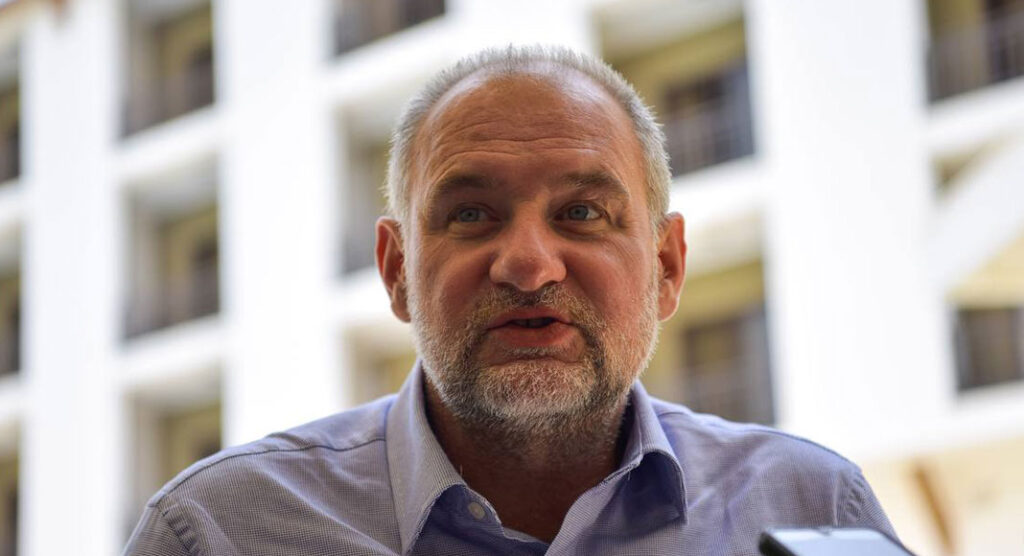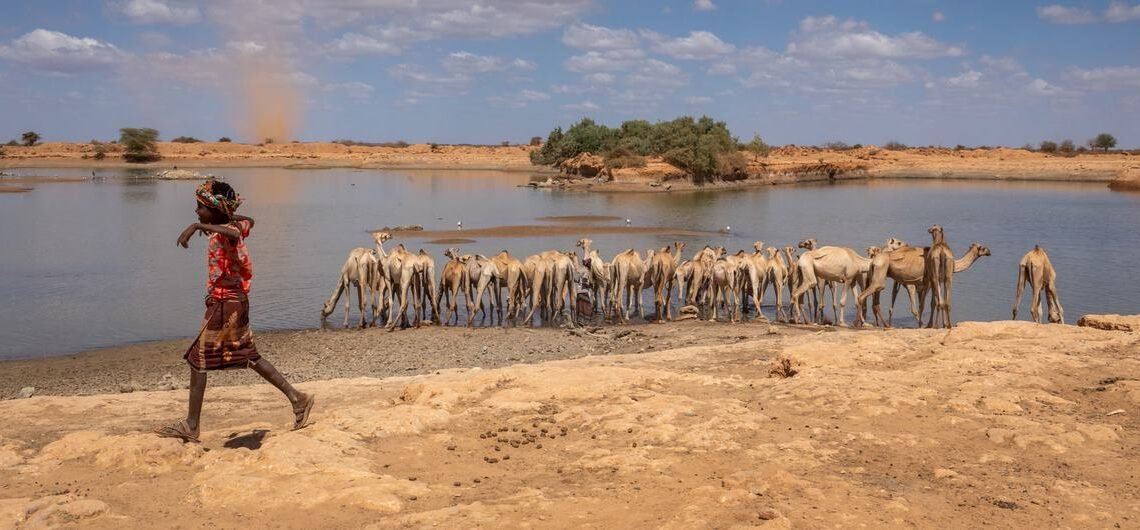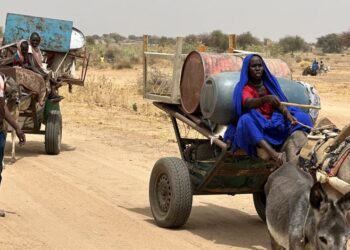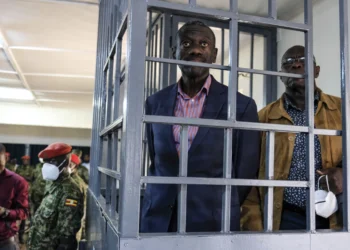The United Nations World Food Programme (WFP) has warned it will halt lifesaving nutrition support for 650,000 malnourished women and children in Ethiopia by the end of the month.
This dire development comes amid an escalating funding and supply shortfall that is crippling humanitarian operations across the country. “We are at the breaking point,” the agency declared on Tuesday, highlighting the urgent need for international support to prevent widespread hunger and death.
Zlatan Milisic, WFP’s Country Director for Ethiopia, emphasized the scope of the crisis, warning that “3.6 million of the most vulnerable people” in the country will be cut off from essential food and nutrition aid unless fresh funding is secured immediately.
Addressing journalists in Geneva via videolink, Milisic painted a stark picture of the humanitarian emergency.
“Over 10 million people in Ethiopia are acutely food insecure. This includes three million people displaced by conflict and extreme weather. Malnutrition rates are alarmingly high.”
Zlatan Milisic, WFP’s Country Director for Ethiopia
The crisis is particularly severe in the Oromia, Afar, and Tigray regions, where child wasting — one of the most extreme symptoms of malnutrition — has surpassed the emergency threshold of 15 percent.
More than four million women and children in Ethiopia are in need of treatment for malnutrition. But with only half of the required funding received last year, WFP has been forced to scale back its planned operations for 2025. Originally, the agency had hoped to reach two million women and children with lifesaving nutritional aid.
“What is particularly important now is that our nutritious foods are running out. So, we are stopping that programme unless something comes really fast and we are looking and we are hopeful, but nothing has come yet.”
Zlatan Milisic, WFP’s Country Director for Ethiopia

Thousands Of Lives At Risk
In the first quarter of the year, WFP managed to reach over three million Ethiopians with food and nutritional support. Among them were 740,000 children and pregnant and breastfeeding women battling malnutrition. However, ongoing funding cuts have forced the WFP to make painful compromises.
Like many humanitarian agencies operating in underfunded emergencies, WFP has had to reduce rations to ensure assistance reaches the most vulnerable. For the last 18 months, this has meant providing just 60 percent of standard rations to the 800,000 refugees under its care, and 80 percent of rations to displaced and severely food-insecure Ethiopians for the past nine months.
Beyond financial limitations, WFP’s efforts are also hindered by rising insecurity. In the Amhara region, where conflict has flared, aid operations have been severely disrupted. Milisic noted an alarming increase in “car hijacking, threats and theft,” which now pose serious risks to humanitarian workers and the timely delivery of critical supplies.
Meanwhile, violence continues to simmer in Oromia, and tensions are again mounting in Tigray — a region that bore the brunt of Ethiopia’s civil war, which claimed an estimated 500,000 lives between 2020 and 2022 as federal forces clashed with the Tigray People’s Liberation Front (TPFL).
Despite these obstacles, WFP continues to run a school feeding programme that provides daily meals to 470,000 children each month. This includes 70,000 children from refugee communities, with the focus primarily on conflict-hit and food-insecure regions in northern Ethiopia.
The agency is also supporting over 200,000 people in drought-prone areas with early warning systems and cash transfers to help protect their livelihoods.
However, to sustain these efforts and meet its target of reaching 7.2 million people in 2025, WFP urgently needs $222 million in funding between now and September. “We have the teams, the logistics, the capacities in place, partners, our staff; what we lack are the resources to act and the scale that this situation demands,” Milisic concluded.
Unless global donors step forward to address the nutritional crisis in Ethiopia, the lives of millions remain in grave jeopardy.
READ ALSO: Stop Crying Over Galamsey, Do Your Job – Thompson Blasts Buah





















